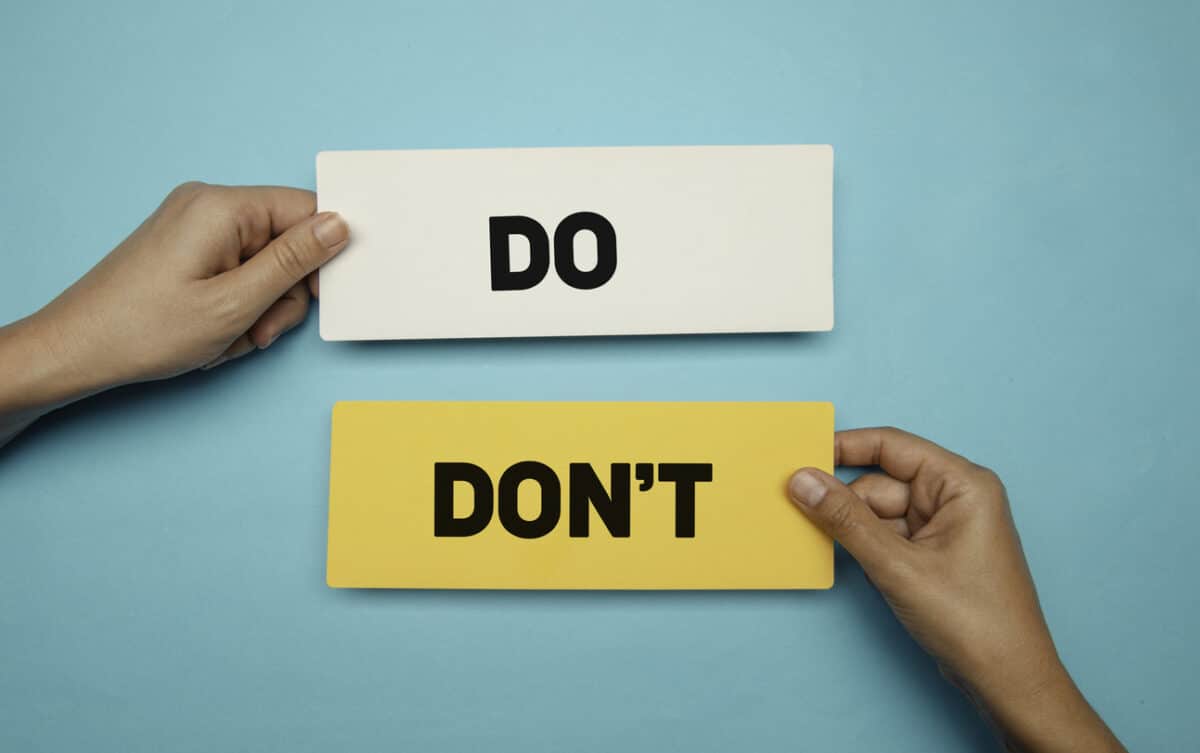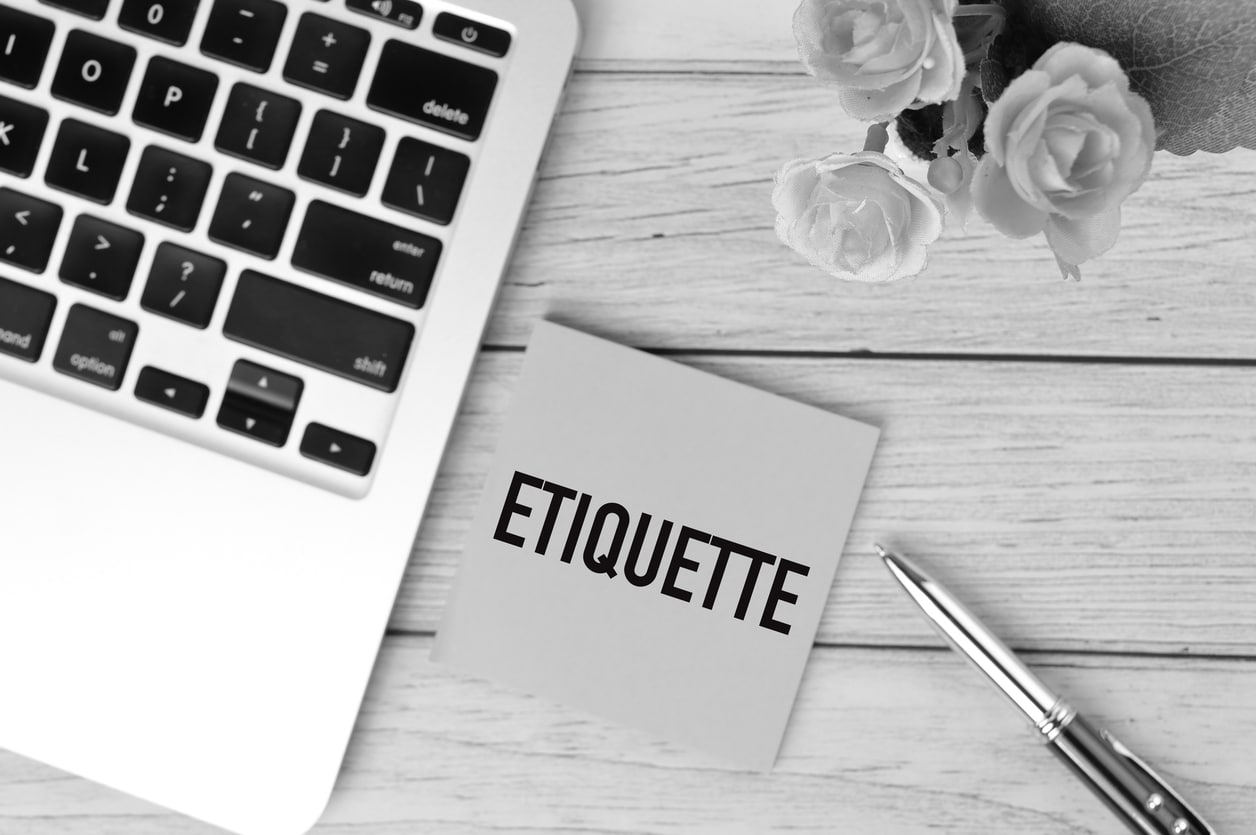Manners maketh the man (and woman) goes the old proverb, referring to long ago times when, presumably, certain codes of behavior in society were understood and followed. How do such models hold up in the crazy world of digital communication?
Today it would seem, machines maketh us.
What once was ‘etiquette’ now might best be termed netiquette, even textiquette. But what is ‘acceptable behavior’ among people largely interacting behind screens? Who dares set the standards anyhow?

The ever-expanding platform of choices challenges friends and strangers alike – a confusion echoed in a recent New York Times Opinion page article entitled ‘Your Email Does Not Constitute My Emergency.’ The writer, an organizational psychologist by trade, wants the world to know that “most of what’s in your [email] inbox is less urgent than it appears.”
Really, whose box?
Rules are apt to be made up as you go along, by trial and error, depending on with whom you correspond and why. Pick your candy. But don’t expect anyone to remember your preferences, even when you send a notice.
Generation Gaps
The problem, too, is that nearly all such communication – text, email, WeChat, iPhone, Facebook, etc. – is situational and often generational. An older woman – presumably not a digital native – concludes that “so much has to do with age.”

She seldom uses email at all except for business “since most people younger than 50 [such as her grandchildren] do not really like to use email and are likely never to read or answer an email,” she says. “I just text. Messages are shorter; it’s just the details. Manners don’t seem to be an issue since it’s really just the facts.”
As an Airbnb owner, she is versatile in several modes, even occasionally making a personal phone call.
Some people will regard a phone call as an intrusion into their privacy, as though demanding an answer on the spot. Others value the phone for its intimacy, a way of understanding someone by their use of words and tone of voice in a way that is nearly impossible to do with printed words on a screen.
“I never liked the phone at all,” says a second woman, a professional volunteer. “I find it too easy to misconstrue words on the internet – to make assumptions that may be wrong. I prefer face-to-face. With a phone, you can’t see a reaction.” Her favorite is Zoom “because I can see a person and judge their reaction for myself.”
“It’s funny,” she adds, “I was married to someone who hated face-to-face. He always used the phone and never would text. I had to do all his digital communication for him.”
She makes exceptions for young people whom she knows only text and treats it the equivalent of a letter, which, heaven forbid, they seldom write.
Once upon a time, a text conveyed urgency but not as much anymore. Even so, doesn’t a texting habit put pressure on people to constantly monitor their phone for messages?
Speed is king when it isn’t a slave driver. The pileup of unwanted emails can be a royal turnoff, leading to a defensive stance, if not outright paranoia about “where this world is headed,” in the wake of a thousand unsolicited messages, often marketers pushing brands.
Family Differences
My next-door neighbors are a good example of the dilemma. The adults and teenagers alike, all within hailing distance, only text. I have to assume any email I send their way is ignored or simply stored.
Likewise, the neighbor family across the street: two parents working full-time jobs on top of caring for two toddlers. I offered a while ago to make them dinner to help save them time and stress. But the to and fro checking menu choices with diet preferences got so complicated that I finally sent a single text saying, “Maybe this time we could talk on the phone.” We solved everything faster than I could have otherwise.

Apparently, enough people feel our social graces have atrophied to inspire New York Magazine earlier this year to publish an article headlined “Do You Know How to Behave? Are You Sure? How to text, tip, ghost, host, and generally exist in polite society today.” Of 194 post-Covid ‘rules” ‘ listed under eight categories, some 14 were devoted to ‘posting and texting.’
Among the wittily penned suggestions:
“Sit down and respond to an email, even if it’s a year late. Then be honest about the fact that you ignored it in the first place.”
“Text-message amnesty is granted after 72 hours. After that point, you don’t have to acknowledge the old texts when you get in contact again.”
But, again, who knows what’s best for you and under what circumstances?
Remember that other old saying? About how rules are made to be broken or words to that effect.
Read Next:
Traveling for Treatment: Stem Cell Therapy Abroad







